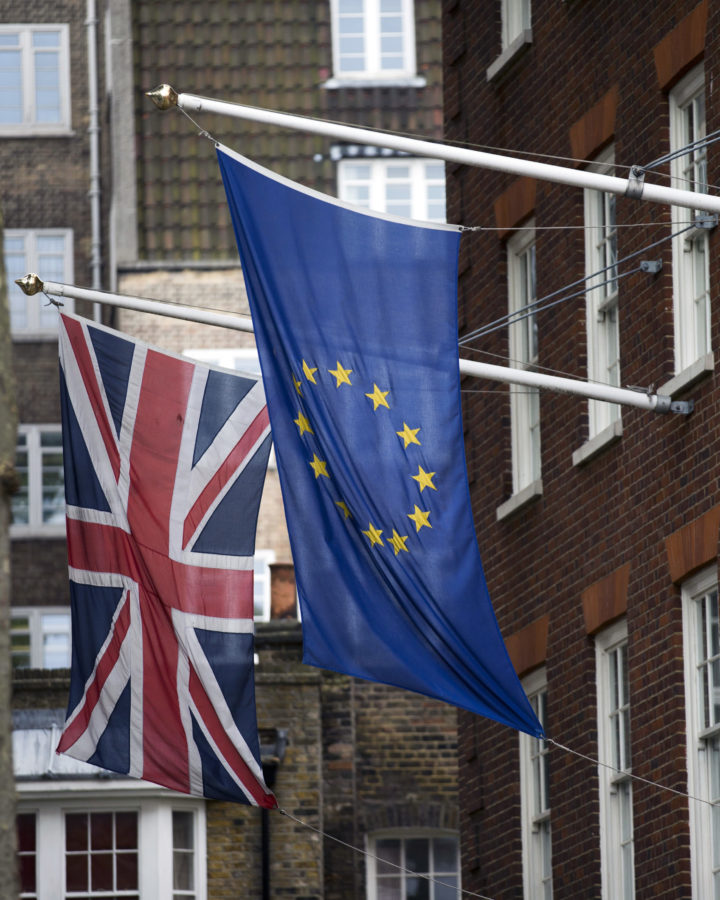For the second time since joining the European Union in 1973, British citizens are considering an exit strategy.
The U.K.’s relationship with the EU has become strained in recent years as the block of nations has weathered everything from the financial crisis of 2008 to Syrian refugee crisis.
A high turnout is expected for Thursday’s vote, which pollsters say is too close to call. The matter was last considered in 1975, when voters decided to stay.
Those against exiting the EU worry that leaving would send the British economy into a recession, said Louis Mylne, an A-level politics student in London.
“We would almost certainly enter a recession immediately, the pound has already dropped massively in value due to the uncertainty surrounding Brexit,” Mylne said.
Many Britons favor leaving arguing that would give it full control of its borders. Critics argue EU immigration policies make it easier for immigrants, including possible terrorists, to enter the country, even over the objections of U.K. officials.
But some say this argument is overstated. TCU political science Professor Eric Cox said the U.K. already has exemption to EU immigration policies.
“The U.K. opted out of the Schengen Agreement of the EU, which is the agreement that basically adopted a common immigration policy,” Cox said. He added that the U.K. still has border checkpoints, which can halt entry.
“There are no border checkpoints between members of the Schengen area. Again, U.K. is not part of this, so it is not entirely clear how exiting the EU will affect immigration into the U.K.”
Even the celebrity world of Britain is split, with people such as Sir Michael Caine supporting Brexit, but others such as David Beckham opposing it.
From an economic standpoint, Cox said it is unclear what will happen to Britain and the EU if there’s a split.
“On the one hand, the U.K. never joined the Euro, so from a monetary perspective it is not a huge change,” Cox said. “On the other hand, many European companies use London as a financial hub, which is possible in part because of the overall economic integration of the EU.”








